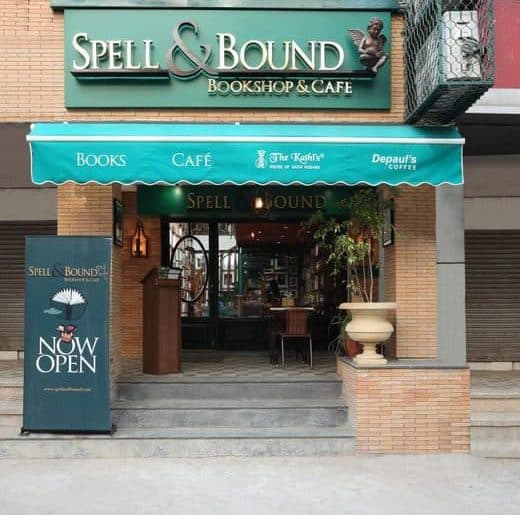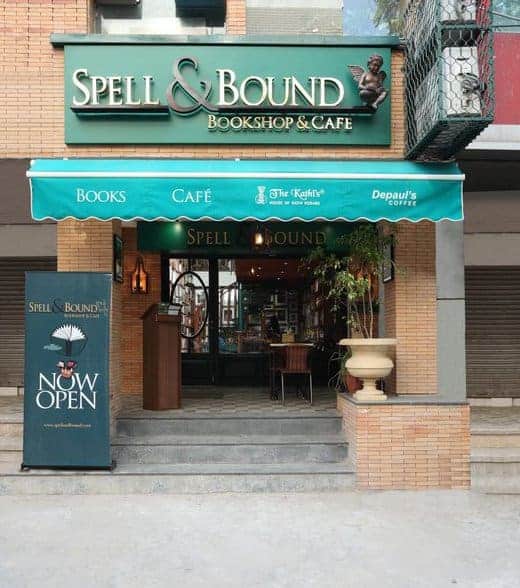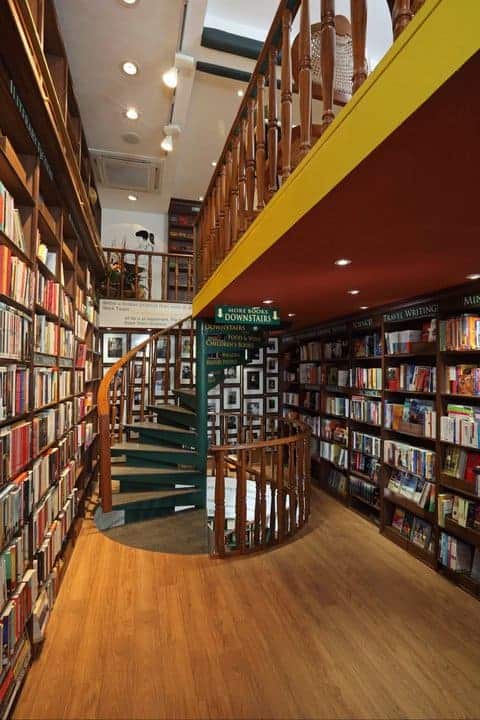“It’s like a fucking knife in me”, said Junot Díaz, on the pressure to produce a follow-up to his 1996 short story collection Drown, that released to explosive critical acclaim. Greats have been known to succumb, but with the release of his sophomore publication and debut novel The Brief Wondrous Life of Oscar Wao, Diaz, creates a narrative that juggles the two contrasting curses that have been known to afflict Latin-American literature: the “Macondo” (a shorthand for the García Márquez school of fiction) and “McOndo” (a term coined by Alberto Fuguet for the backlash against magical realism), with a breathless, capacious pace.
In what the New York Times called a “Mario Vargas LLosa-meets David Foster Wallace-meets-Kanye West” manoeuvre, three generations, two nations, a multiplicity of voices that echo the complexities of being American, sexual shenanigans, a foppish genocidaire and a sincere homage to all holy tenets of geekery, are all held together by the eponymous Oscar and narrated by his sometime-friend Yunior, in a relentless, streetspeak brand of Spanglish liberally interspersed with flash talk and razzle-dazzle words.
The book opens with a nod to “magic realism,” the most hackneyed tradition associated with Latin American fiction in the United States, introducing “Fuku Americanus,” or “the Curse and the Doom of the New World,” brought into being by the European colonization of Hispaniola and, more specifically, Columbus’ peregrinations circa 1492. But in Díaz’s hands, the “magic” gives way to “realism” in the first few paragraphs. The broad strokes of his global curse suddenly become very personal: “It’s perfectly fine if you don’t believe [in this],” the narrator tells us. “In fact it’s better than fine — it’s perfect. Because no matter what you believe, fuku believes in you.” Not surprisingly, fuku is eventually reconfigured as “fuck you.”
“You really want to know what being an X-Man feels like? Just be a smart bookish boy of colour in a contemporary US ghetto.”
Diaz creates in Oscar de Leon, (“not one of those one of those Dominican cats everybody’s always going on about. He wasn’t no player. Except for one time, he’d never had much luck with women”) a portrait of the artist as the homely lonely homeboy hero, painfully overweight and overtly precocious user of words like ‘vertiginous’ and ‘indefatigable’, “a hardcore sci-fi and fantasy man”, well versed in “Japanimation” and Marvel comics lore and with a burning ambition to write a space fantasy epic combining the characteristic themes of JRR Tolkien and EE “Doc” Smith. A Dominican-American growing up in Paterson, New Jersey, during the 80s, his counter-stereotypical nerdiness make him a doubly marginalised figure who spends most of his life wondering if he would ever get laid. A sensitive inamorata who ‘falls in love like the rest of us fall asleep’, Oscar’s emotional rawness and authenticity, his willingness to die for love, exasperate and then engross Yunior, are striking. The novel traces the strands of Oscar’s peculiar emotional DNA back through familial and national histories, in particular those of his mother, grandmother and grandfather, all three of whom suffer injustice and brutality at the hands of Rafael Leónidas Trujillo, the Dominican Republic’s iron-fisted ruler from 1930 to 1961. The plot interweaves period chapters set in Santo Domingo with those in New Jersey and New York as if hoping to diagnose Oscar’s addiction to love and Yunior’s encroaching self-loathing via personal and political histories. Accounts of betrayals, beatings, tortures and other manifold perversions of humanity darken Dominican narratives filled with beautiful and strong women seeking love, and proud men crushed by their perceived failure to navigate a ruinous social system.
Funny, unapologetic and intensely readable, his novel has a fine sense of itself as a performance rather than something ominously lapidary. It’s also good on the weight of history. And the reader is left guessing about poor Oscar until the very end.
Iva Dixit
[email protected]












